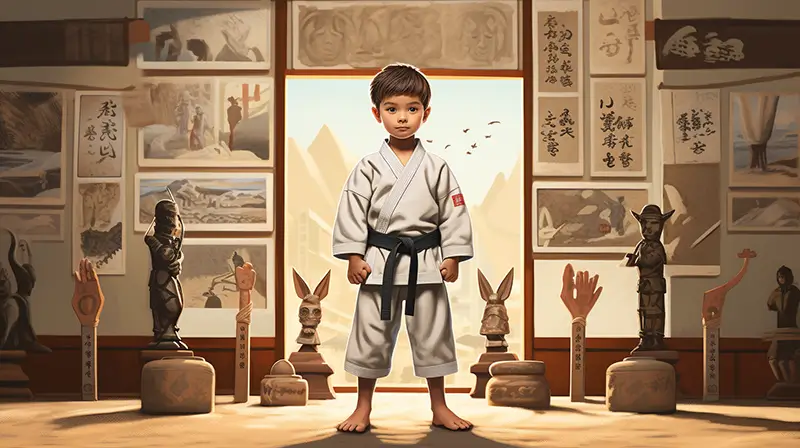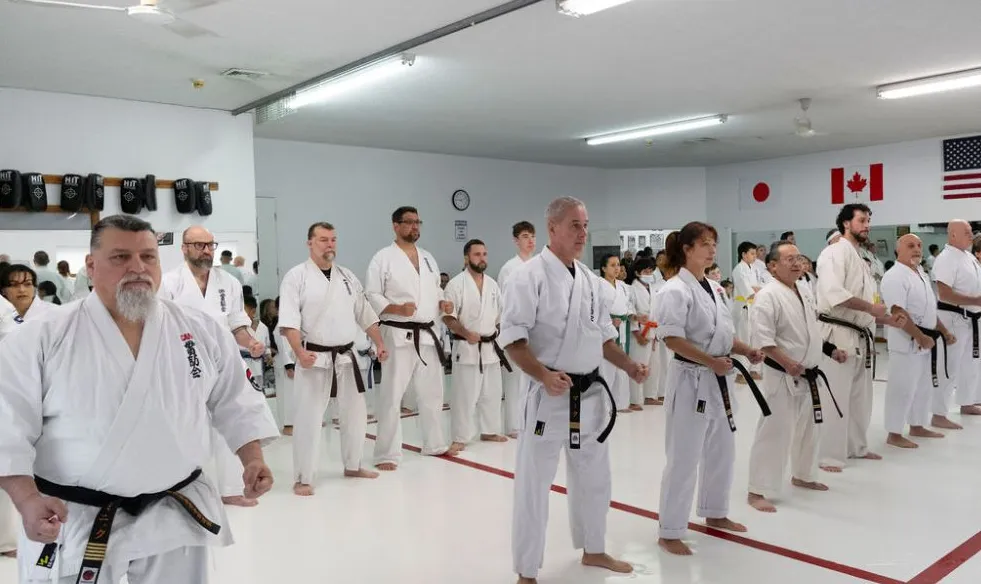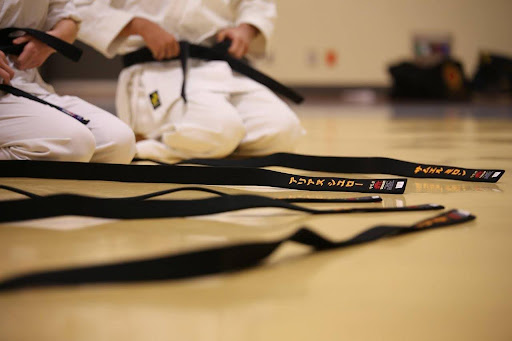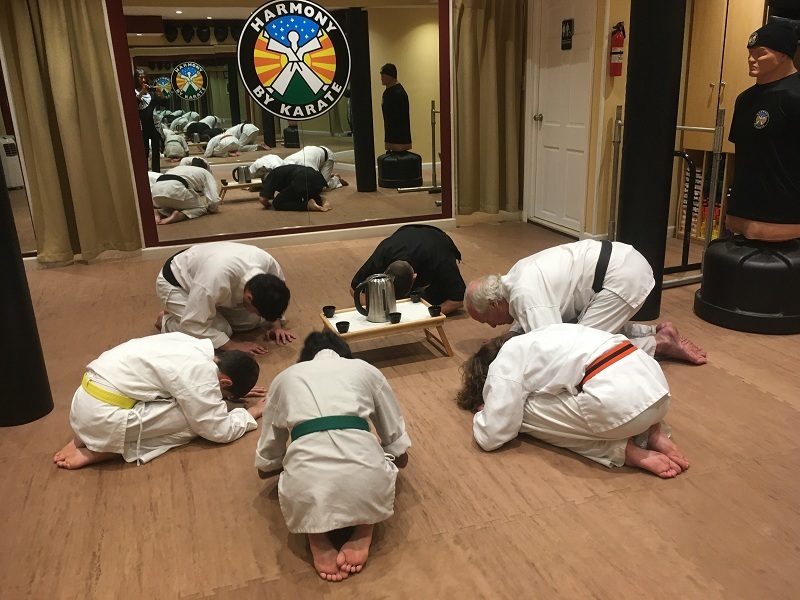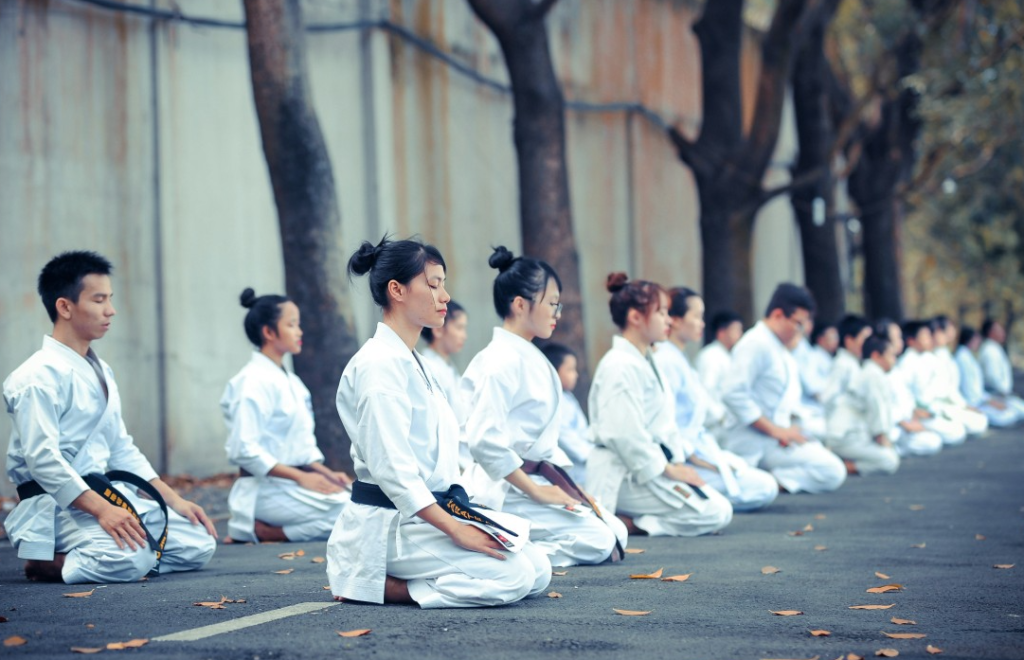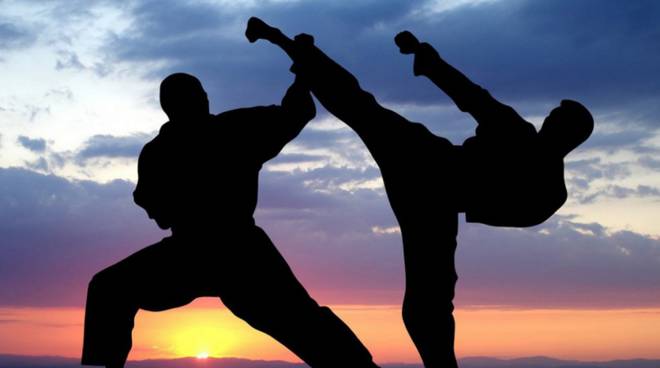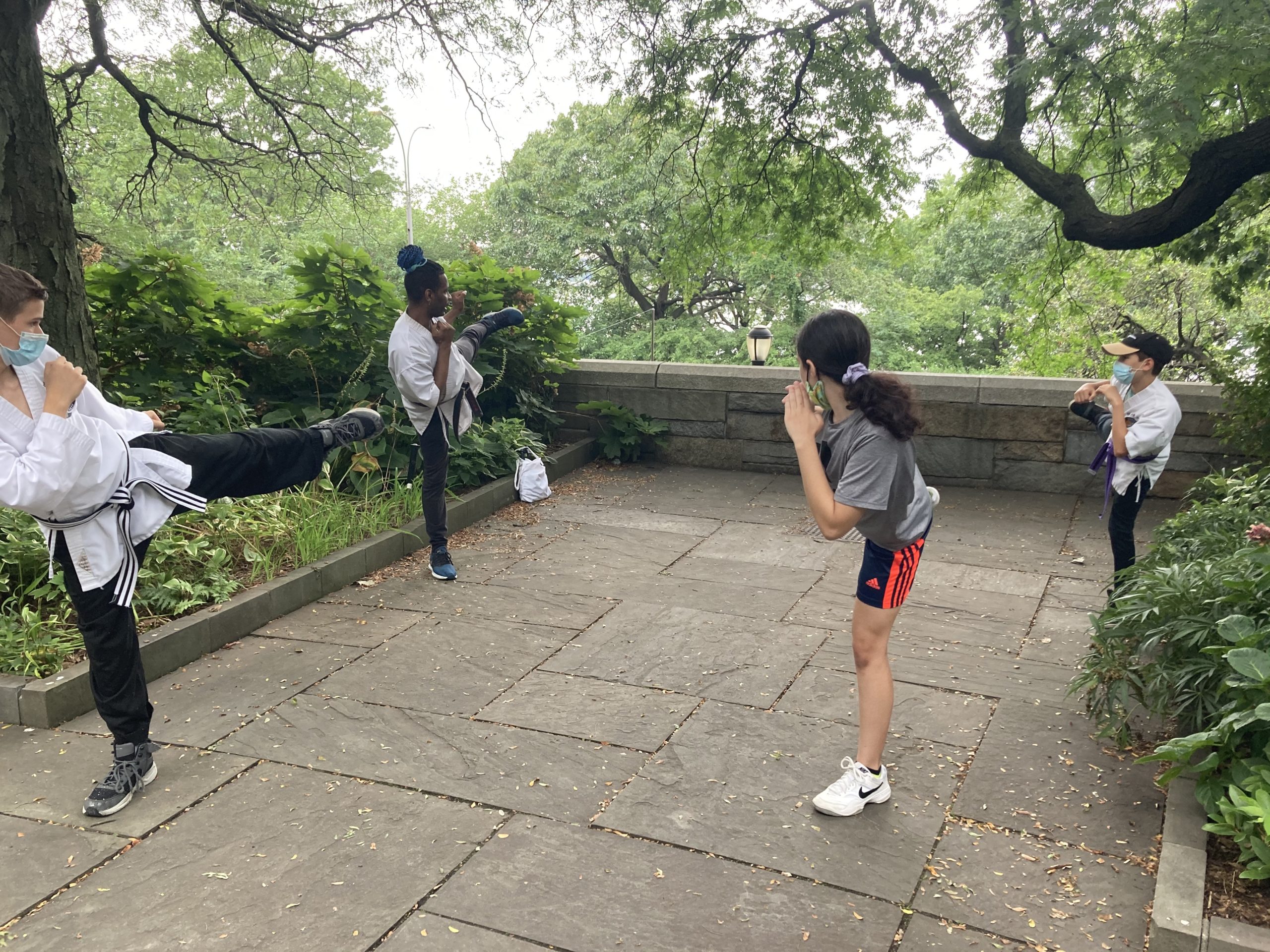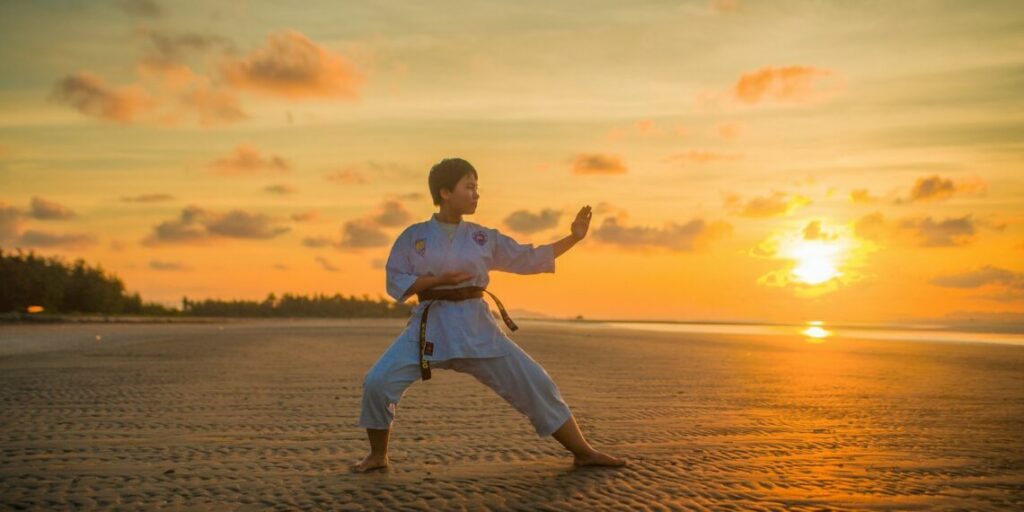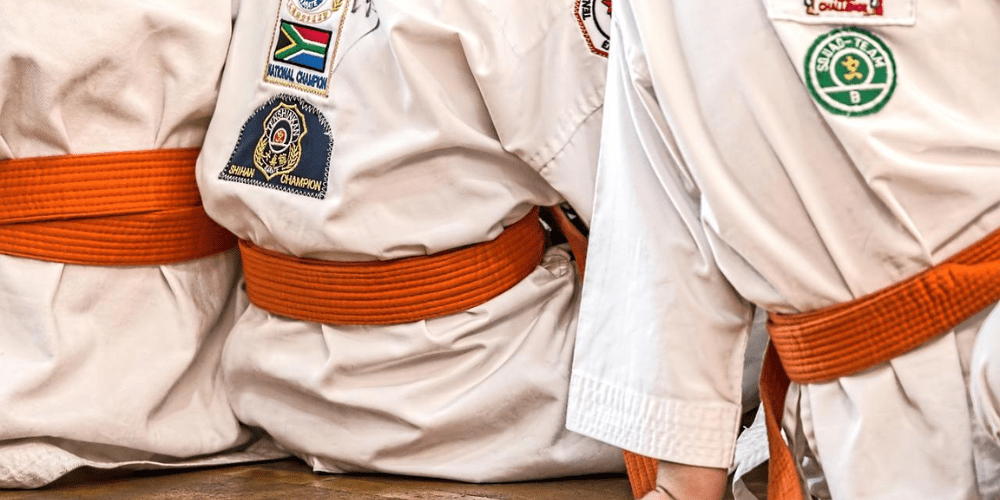Martial Arts as a Form of Meditation: Finding Inner Peace through Combat Techniques Martial arts are often associated with self-defense and physical fitness, but they also offer profound mental and spiritual benefits. Many practitioners find that martial arts serve as a form of meditation, providing a pathway to inner peace through disciplined movement and focused intention. The practice of martial arts requires a deep connection between the mind and body, making it an effective method for cultivating mindfulness and achieving a state of meditative calm. This unique approach allows individuals to explore the spiritual dimensions of martial arts while honing their physical abilities. The Meditative Aspects of Martial Arts Mindfulness in Motion Martial arts demand a high level of focus and awareness, qualities that are central to meditation. Practitioners must be fully present in the moment, paying close attention to their movements, breath, and surroundings. This mindfulness in motion helps quiet the mind and fosters a sense of inner peace. Unlike traditional meditation, which often involves stillness, martial arts integrate dynamic movement with meditative focus. This combination allows individuals to achieve a state of mental clarity while engaging in physical activity, making martial arts a unique form of active meditation. Breath Control and Mental Focus Breath control is a fundamental aspect of both martial arts and meditation. In martial arts, controlled breathing helps regulate energy, enhance endurance, and maintain composure during combat. Similarly, meditation uses breath as an anchor to calm the mind and center one’s thoughts. By synchronizing breath with movement, martial artists can deepen their focus and enter a meditative state. This practice not only improves physical performance but also promotes mental clarity and emotional stability, allowing practitioners to find inner peace through their training. Achieving Inner Peace through Martial Arts Stress Relief and Emotional Balance Martial arts provide a healthy outlet for releasing stress and managing emotions. The physical exertion involved in training helps release tension, while the mental discipline required fosters emotional balance. Over time, practitioners learn to manage their emotions more effectively, leading to a greater sense of inner peace. The structured environment of martial arts training also encourages the development of patience, humility, and resilience. These qualities contribute to emotional well-being, helping practitioners navigate life’s challenges with a calm and balanced mindset. Self-Discovery and Personal Growth Martial arts serve as a journey of self-discovery, offering insights into one’s strengths, weaknesses, and potential. Through consistent practice, individuals can overcome personal limitations, build confidence, and cultivate a deeper understanding of themselves. This process of self-discovery is inherently meditative, as it involves introspection, reflection, and personal growth. By facing and overcoming challenges in martial arts, practitioners develop a stronger connection to their inner selves, leading to a profound sense of inner peace. Integrating Meditation into Martial Arts Practice Combining Meditation Techniques with Martial Arts Many martial artists incorporate traditional meditation techniques into their training routines to enhance their practice. Techniques such as seated meditation, visualization, and mindful breathing can complement martial arts training, deepening the meditative aspects of the practice. By dedicating time to both physical training and meditation, practitioners can achieve a harmonious balance between body and mind. This integration allows martial artists to fully experience the meditative benefits of their practice, leading to a more fulfilling and holistic martial arts journey. Developing a Meditative Mindset in Combat Achieving a meditative mindset during combat is a hallmark of advanced martial arts practice. Experienced practitioners learn to remain calm, focused, and centered even in the midst of intense physical confrontation. This mental state, often referred to as “mushin” or “no-mind,” is a key aspect of martial arts as meditation. In this state, the mind is free from distractions, and the practitioner responds instinctively and effortlessly to the situation at hand. This meditative mindset not only enhances combat effectiveness but also reinforces the inner peace that martial arts training fosters. Conclusion Martial arts offer more than just physical training; they provide a pathway to inner peace and spiritual growth through meditative practices. By cultivating mindfulness, breath control, and a meditative mindset, practitioners can find tranquility and clarity in both their martial arts practice and their daily lives. FAQs How do martial arts promote mindfulness? Martial arts promote mindfulness by requiring practitioners to focus on their movements, breath, and surroundings, fostering a deep connection between mind and body. Can martial arts help reduce stress and anxiety? Yes, martial arts can help reduce stress and anxiety by providing a physical outlet for tension and promoting mental discipline and emotional balance. What is “mushin” in martial arts? “Mushin” is a state of “no-mind” in martial arts, where the practitioner remains calm, focused, and free from distractions, allowing for instinctive and effortless action. How can I integrate meditation into my martial arts practice? You can integrate meditation into your martial arts practice by incorporating techniques such as seated meditation, mindful breathing, and visualization into your training routine. Can martial arts be considered a form of active meditation? Yes, martial arts can be considered a form of active meditation, as they combine physical movement with mental focus to achieve a meditative state. What are the spiritual benefits of martial arts? The spiritual benefits of martial arts include inner peace, self-discovery, personal growth, and a deeper understanding of oneself and one’s place in the world.

